If you’ve recently tried to order a couch, treadmill, or even a basic barbecue grill and gotten hit with an extra charge just for your ZIP code, you’re not imagining things. More retailers are quietly adding “suburban-only” delivery fees—or even refusing delivery to urban addresses altogether. Blame tight parking, narrow staircases, traffic congestion, or rising last-mile costs, but the result is the same: your address can make your cart total balloon. These 13 surprisingly common items are now more likely than ever to come with a “location surcharge”—especially if you live outside the suburbs.
1. Sofas and Sectionals
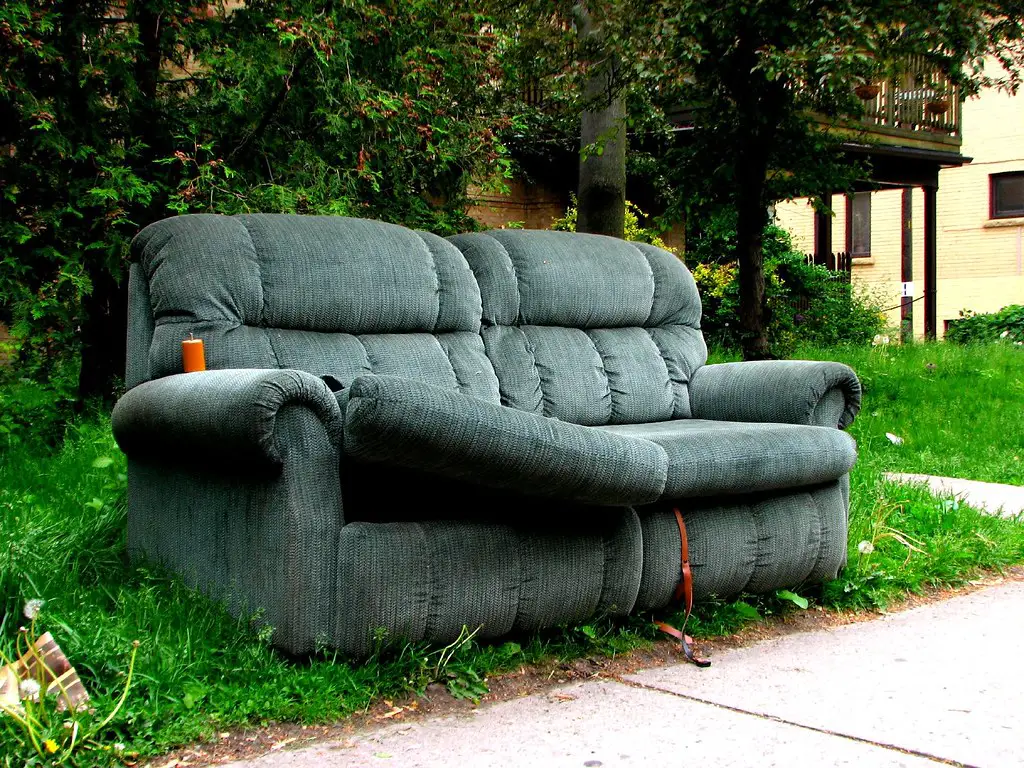
Large furniture deliveries have always been tricky, but now even big retailers are drawing the line at urban deliveries. As noted by Forbes, companies like Wayfair and West Elm have started charging extra for multi-piece sofas and sectionals delivered to city apartments due to stairwell constraints and parking access. Delivery teams often need more time and labor in cities, which drives up cost. In some cases, retailers will even cancel orders after learning about elevator restrictions or walk-up buildings.
Suburban deliveries, on the other hand, usually involve driveways and ground-floor entries, making them more efficient. That’s why shoppers in dense cities are now seeing $75 to $250 surcharges that suburban customers don’t. If you’ve got a doorman and a loading dock, you might dodge the extra fee—but it’s never guaranteed. In cities like New York or San Francisco, white-glove delivery has become more of a luxury than a given.
2. Treadmills and Home Gym Equipment
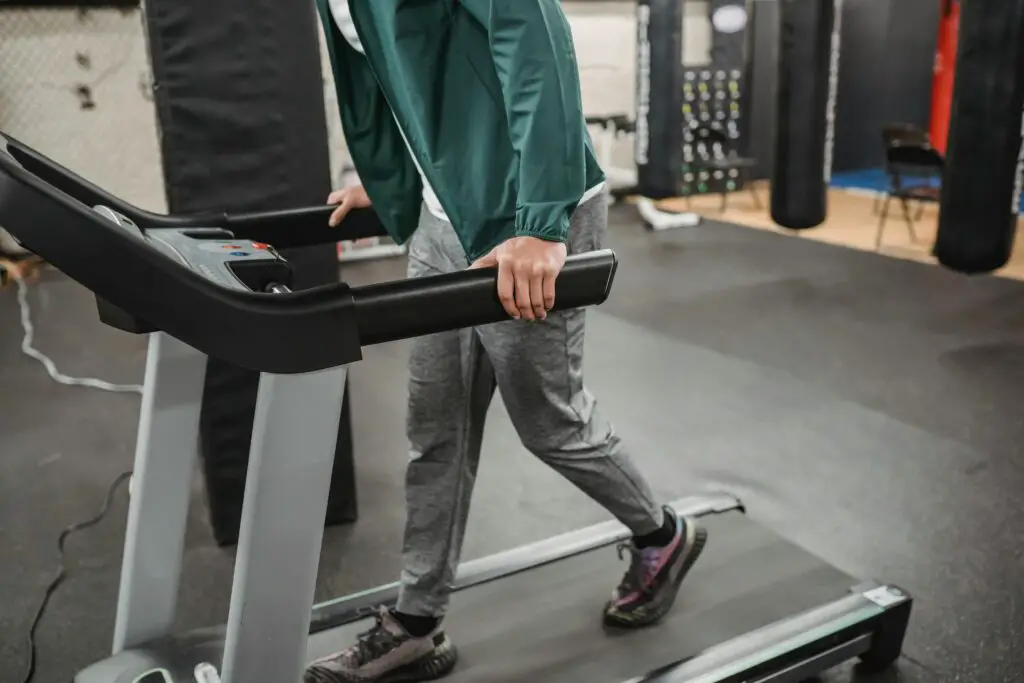
According to The Washington Post, demand for home fitness equipment in suburban homes rose sharply post-2020, and retailers adjusted their logistics accordingly. Urban deliveries for items like treadmills, stationary bikes, and squat racks are now often considered “premium service,” and that translates to extra fees. The issue? Stairways, limited entryways, and a lack of garage access can make delivery a two-person (or more) job.
Many brands, including NordicTrack and Bowflex, have added urban delivery disclaimers or redirected city dwellers to third-party freight handlers. Meanwhile, suburban buyers often enjoy free delivery and setup straight to their basements or garages. In some cases, in-home assembly isn’t even offered for apartments anymore. City fitness fans may need to pay upwards of $200 just to get the gear inside the front door.
3. Large Kitchen Appliances
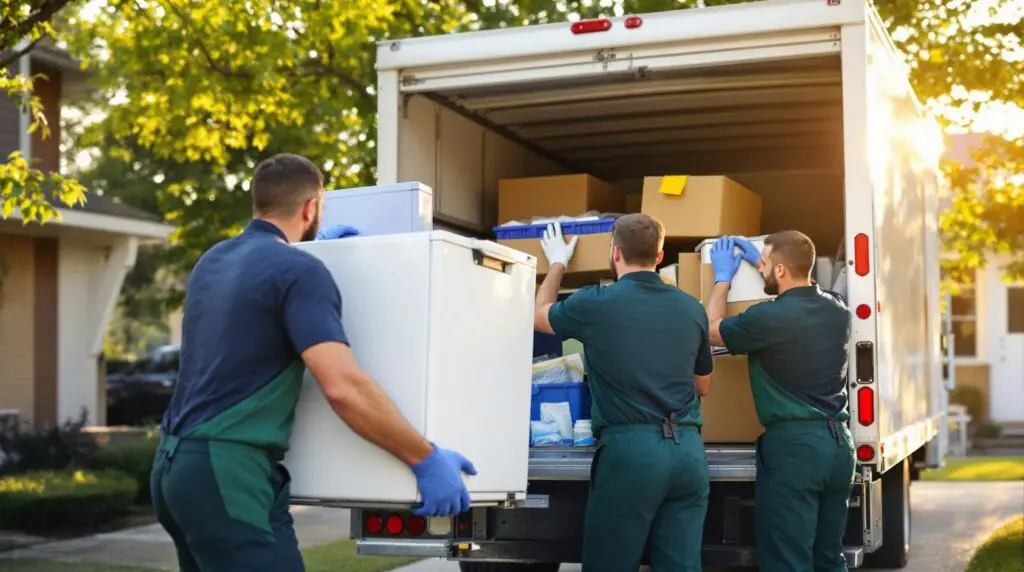
As reported by Business Insider, big box retailers like Home Depot and Lowe’s are now tacking on fees or limiting delivery options for refrigerators, ovens, and dishwashers in high-density urban areas. The delivery teams need more time to navigate service elevators, schedule appointments, and handle tight corners. In some cities, the delivery team won’t even install the appliance unless plumbing and electric hookups are fully prepped in advance. That kind of prep isn’t always easy in older apartment buildings.
Suburban deliveries are simpler: appliances go from truck to driveway to kitchen, often in under an hour. Many suburbs have homes with open floor plans, garages, and wide front doors—ideal for bulky items. Some city buyers have found their orders canceled or downgraded to curbside-only delivery. The bottom line? Where you live can seriously impact whether your new fridge makes it inside your kitchen.
4. Grills and Outdoor Furniture
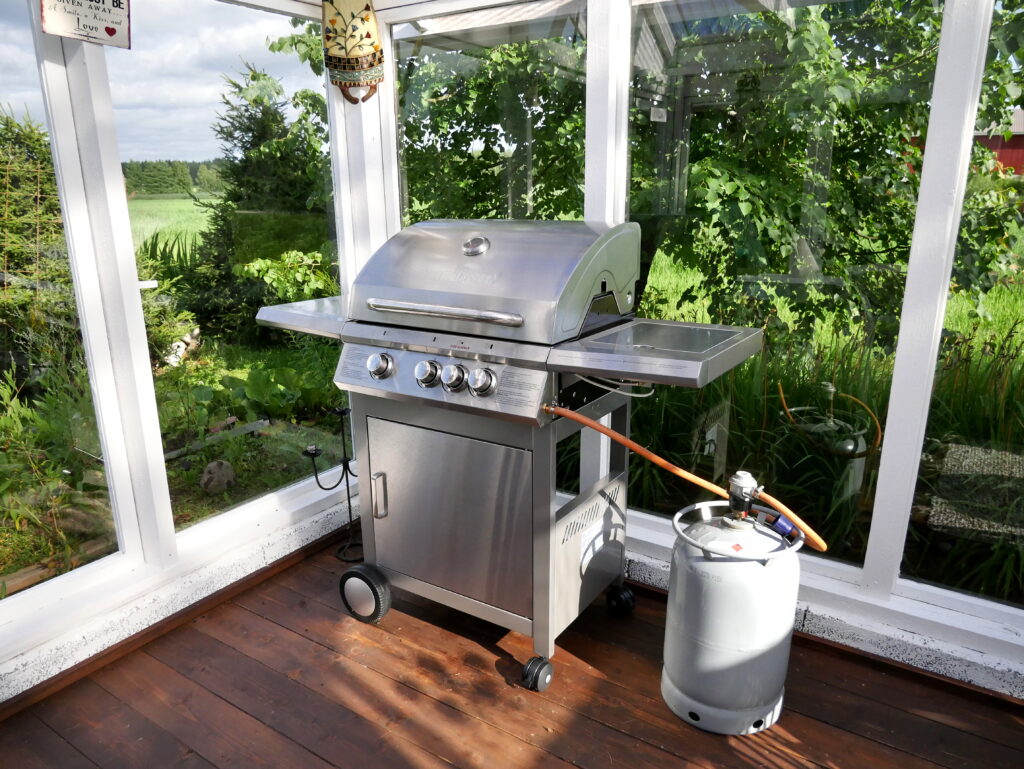
Outdoor living products were once a rare purchase for city dwellers, but demand has grown in places like Brooklyn or Chicago’s North Side. According to The New York Times, retailers now treat urban grill delivery as a logistical puzzle, which often means added fees. Staircases, small balconies, and shared outdoor spaces make it harder to guarantee a smooth drop-off. That’s especially true for propane grills or fire pits, which have extra safety restrictions.
Suburban homes with yards and patios make for ideal delivery targets. Retailers like Costco and Amazon often offer “free scheduled delivery” for those addresses. But if you’re in a fourth-floor walk-up with a tiny balcony, expect added fees—or delivery refusals. In fact, some online listings now include fine print like “ground-floor delivery only in urban areas.”
5. Mattresses
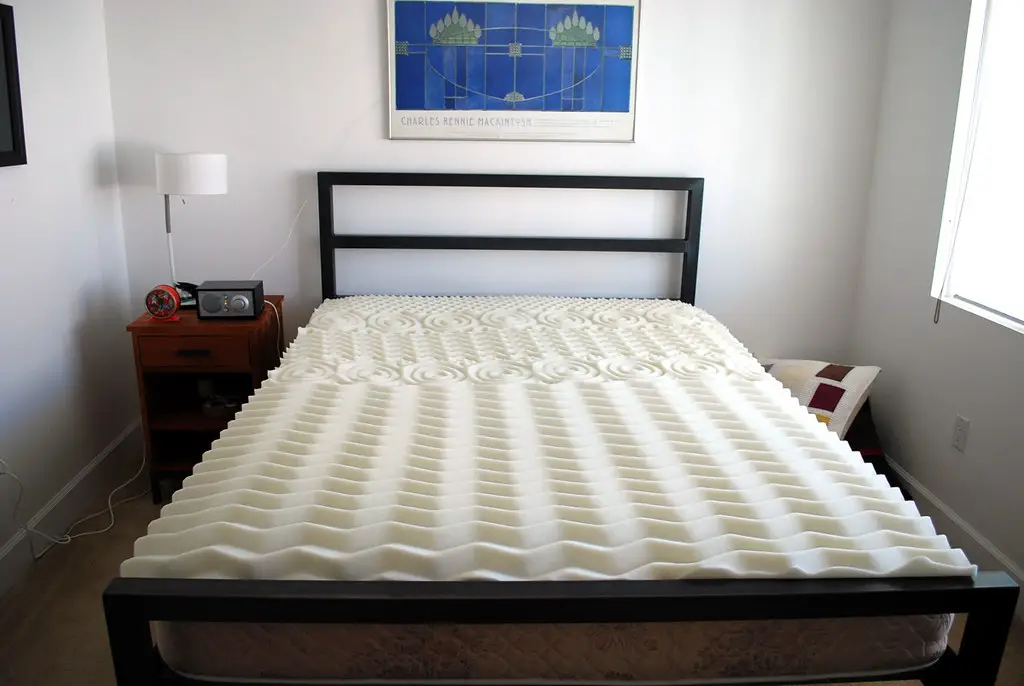
Ordering a mattress online was supposed to be the easiest thing in the world—but now, if you live in the city, it’s not so simple. While many companies still offer free shipping, those “bed-in-a-box” brands are cutting back on free in-home setup for apartments. Narrow staircases, tight corners, and elevator restrictions have made deliveries riskier and more time-consuming. That means a lot of urban customers are getting curbside-only options—even for $1,000+ mattresses.
In the suburbs, setup and removal services are still widely available and often free. Companies can pull right up to your garage and haul the old one away. For city buyers, in-home setup now often costs $99 or more—or isn’t even offered. If you’re ordering from a high-rise, you may want to double-check the fine print.
6. Refrigerators with Water Lines
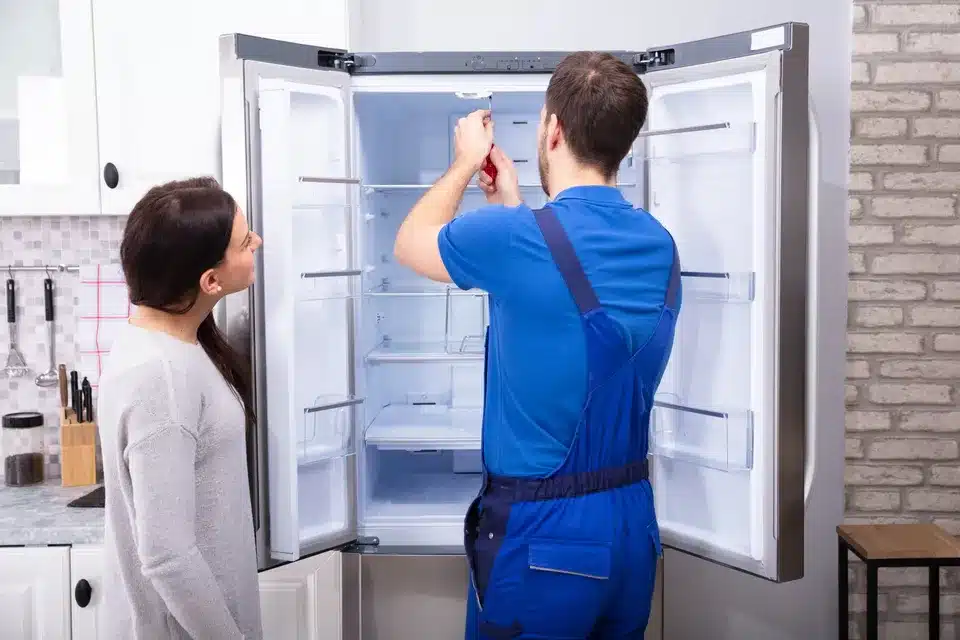
Refrigerators that require water hookups have always been slightly more complex to install, but now urban deliveries are facing bigger barriers. Delivery teams often won’t install them unless your building’s plumbing setup is easily accessible and pre-approved. If you live in an older apartment, expect installation refusals or rescheduling hassles. Sometimes, companies won’t even send a team unless you live in a house.
Suburban deliveries are more straightforward because the kitchens tend to have accessible hookups and room to work. Plus, delivery crews can park closer and carry tools in and out with ease. In cities, multiple trips up and down elevators can add time and cost. The result: many city buyers now face surprise surcharges for what used to be routine installations.
7. Baby Cribs and Changing Tables
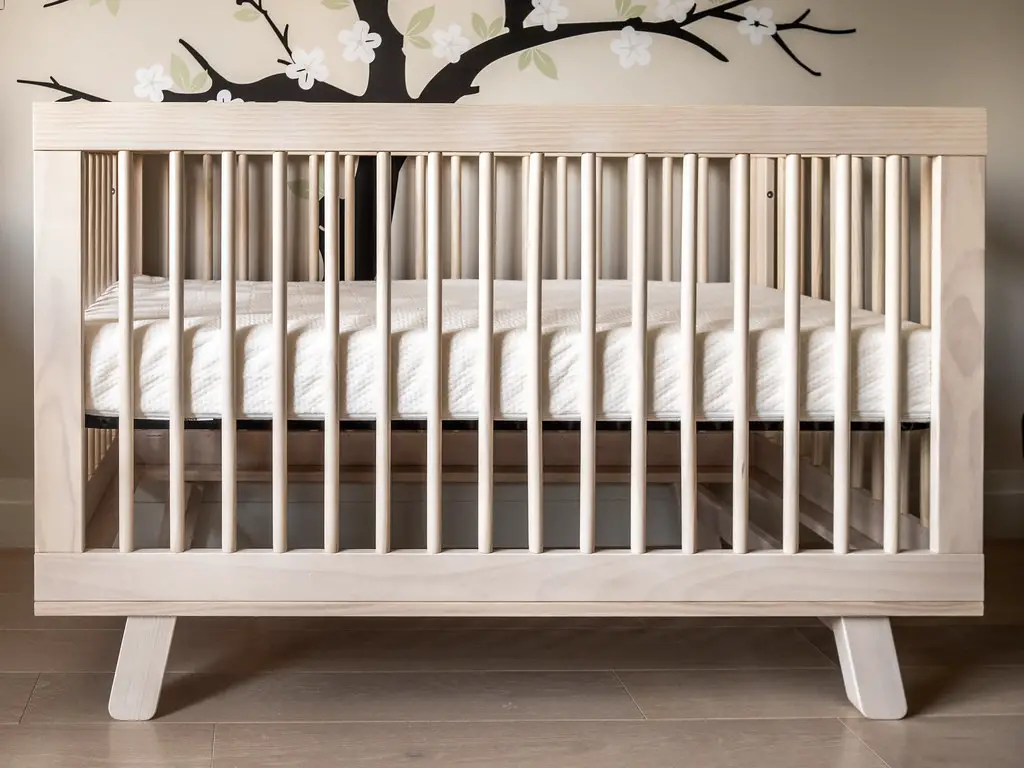
You’d think something as essential as baby furniture would come without extra complications, but that’s not always the case. Cribs and changing tables often require in-home assembly, which is time-consuming in tight spaces. Many delivery companies are now charging extra for urban deliveries—or simply refusing to bring boxes past the lobby. In contrast, suburban homes usually allow quick unloading and hassle-free setup.
Parents in the city often have to pay for a third-party handyman just to get everything assembled. Meanwhile, suburban customers get free assembly on the spot. Some big baby retailers have even stopped offering setup services for apartments altogether. It’s a major inconvenience during an already overwhelming time.
8. Upright Freezers
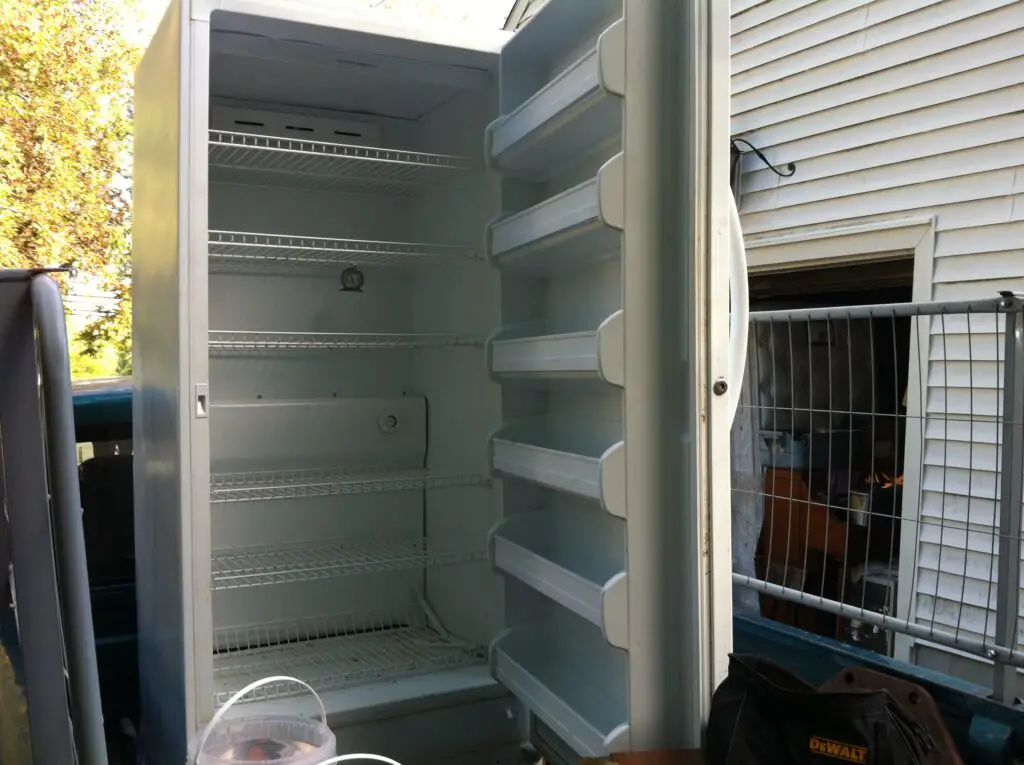
Upright freezers surged in popularity during the pandemic, but now they’re a suburban luxury in more ways than one. Many models are too tall or bulky to maneuver through narrow urban hallways or basement stairs. That has led to more fees for inner-city deliveries, or restrictions that limit them to curbside drop-off. If you live in a building with no elevator, forget it—most crews won’t even try.
In contrast, suburban garages and basements are ideal spots for a deep freeze. Delivery trucks can pull right up and unload with ease. Some retailers even throw in free haul-away of old units—something that’s often unavailable in city buildings. It’s another case of convenience tied closely to where you live.
9. Dining Room Tables
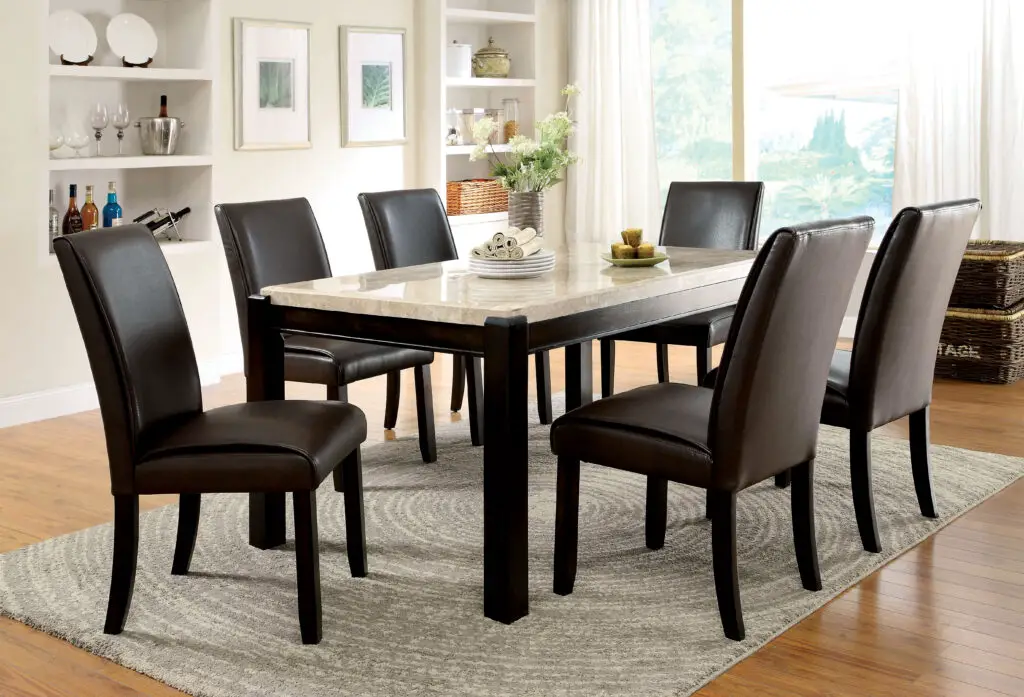
Dining room tables might seem like a straightforward delivery, but their size and shape can be a nightmare in urban spaces. Some come in one large piece that won’t make it around tight corners or up stairwells. As a result, more furniture stores are charging delivery premiums or warning buyers in fine print about access limitations. And if your table needs assembly? That’ll cost extra too.
In the suburbs, setup is a breeze—roll the cart up the driveway, assemble it in the kitchen or dining room, done. No elevators, street permits, or 30-minute window restrictions. For city buyers, the delivery process has become a nerve-wracking puzzle. And if it doesn’t fit? Return shipping is on you.
10. Window AC Units
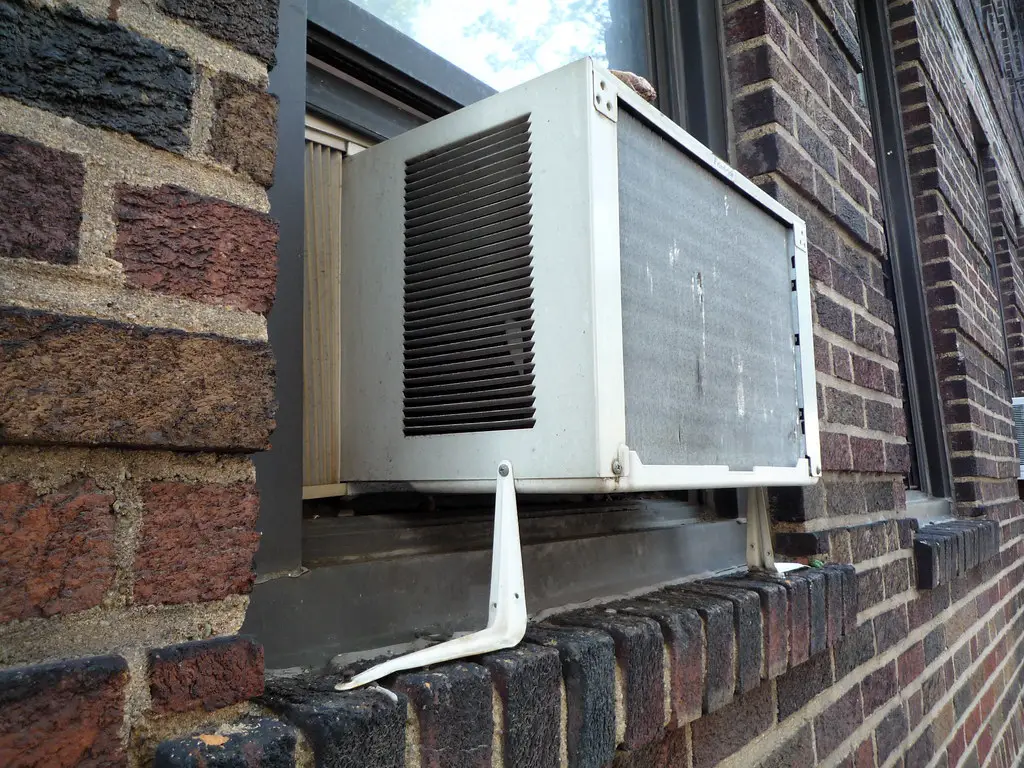
You’d think AC units would be easy to deliver—small, boxed, and seasonal. But in many urban apartments, installing one requires specific brackets or support systems, and delivery teams won’t always help with setup. Some stores have started charging fees to even bring the unit up the stairs. Others are limiting delivery to ground-level drop-offs.
Meanwhile, suburban customers get doorstep delivery with no issues. They can install AC units in a ground-floor window or use central air instead. In the city, setup can cost an extra $100–$200 if a handyman is needed. It’s a surprisingly annoying cost just to keep cool.
11. Desks and Office Chairs
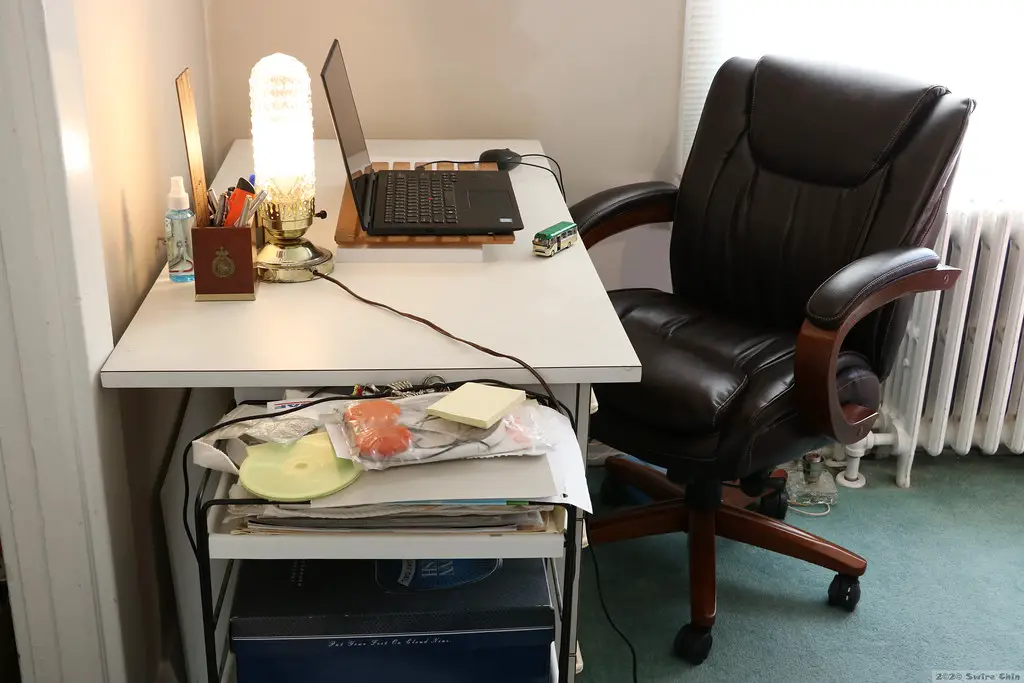
With remote work here to stay, desk deliveries have skyrocketed—but they’re not all created equal. Flat-packed furniture may be cheap and convenient, but it still takes time and space to assemble. And in city apartments, where space is limited, delivery crews may not have the time (or room) to handle it. Many retailers now charge extra or won’t assemble beyond the lobby.
Suburban deliveries, again, are smoother—especially with garages or home offices that can accommodate the unpacking process. Customers often receive their desk fully assembled or with on-site setup included. If you’re in a walk-up, expect more steps, higher fees, or a lot of DIY. And don’t forget the recycling of all that packaging—it’s on you in most cities.
12. Smart TVs Over 60 Inches

Buying a big TV? Hope you’ve got wide doorways and a good elevator. Many electronics retailers now treat oversized smart TVs as “oversize freight,” and that usually comes with added costs for urban deliveries. Some will only deliver to a doorman building; others leave it curbside.
Suburban buyers have it easier: TVs are wheeled right to the living room and set up with ease. Wall-mounting services are often included or discounted, too. If you’re a city dweller, you’ll likely pay extra just to get the box inside. And mounting? That’ll be another fee.
13. Standing Desks
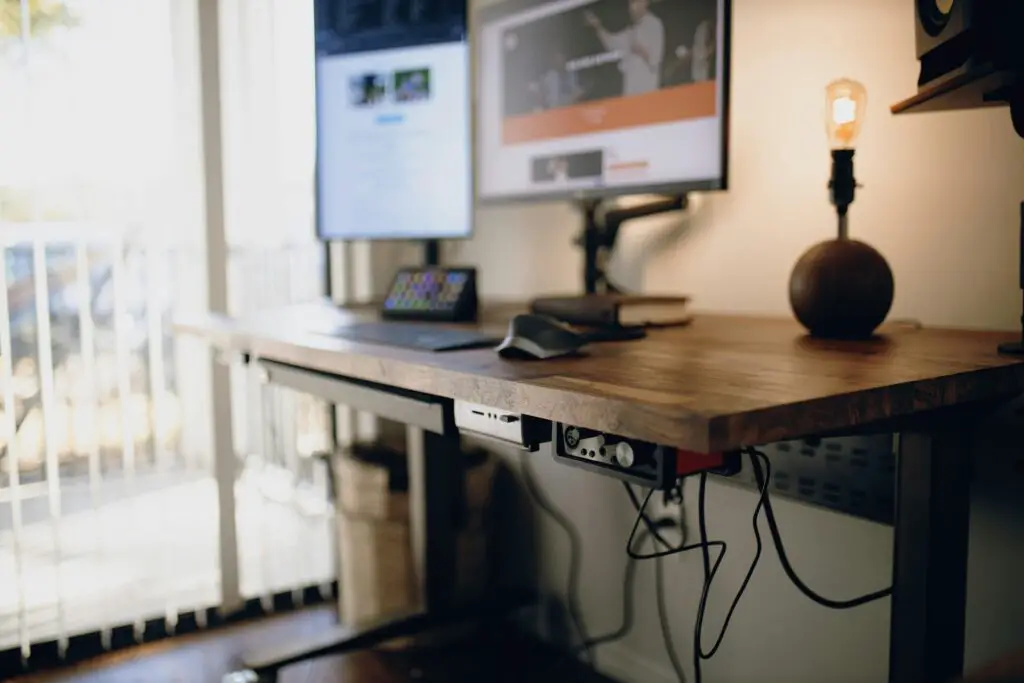
The rise of ergonomic furniture has brought standing desks into more homes, but they’re not small or lightweight. Most models require two people to carry and assemble, and they can weigh over 100 pounds. That’s led to a growing number of retailers limiting free delivery to suburban homes with easy access. Urban buyers? You’re looking at curbside drop-off, or fees up to $150 for apartment delivery.
Assembly is also a pain in small spaces, which makes suburban garages or spare bedrooms far more accommodating. Some companies have even dropped “in-home setup” as an option in cities. Add a narrow staircase, and you’re probably paying out of pocket for help. It’s a desk—but one that now needs a moving crew.
